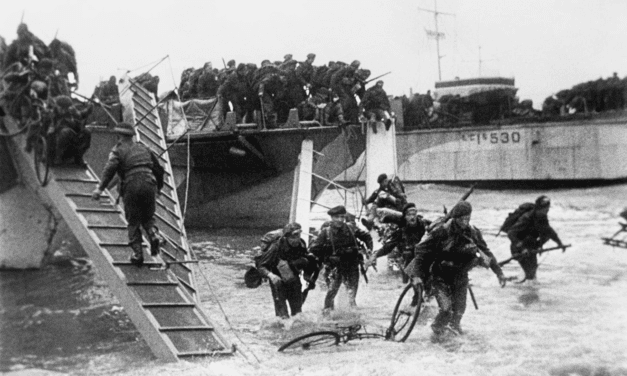X Troop – The Secret Jewish Commandos of WWII
Reading time: 8 minutes
When we hear ‘Jewish’ and ‘World War II’ in the same sentence, our minds often lead directly to the Holocaust. The extent of Jewish resistance to the brutal treatment on their own was limited due to the extent of their persecution by Nazi or Nazi aligned governments. These governments generally had the broad support of the populace, making it hard for small groups of Jews within these societies to fight back. One exception to this were the Jews of Poland, the X Troop commandos were another.



